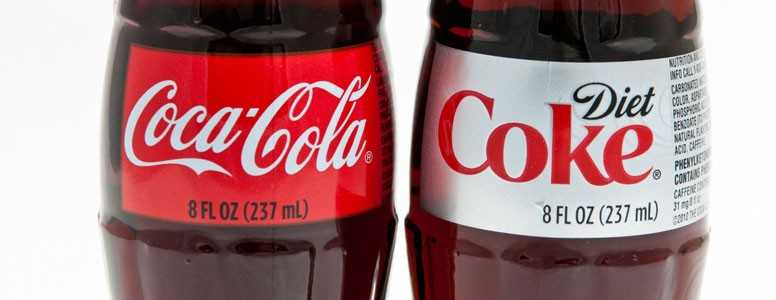The owner of a hypo alert dog has described his “phenomenal” relationship with the animal who has saved his life hundreds of times.
Chris Gardner, 34, from Pendlebury, Manchester, credits Golden Retriever Jade with giving him his independence back.
Before Jade, Chris, who was diagnosed with type 1 diabetes aged 22, says he required regular ambulance call-outs and unscheduled hospital trips because of his inability to detect hypoglycemia.
In people with poor or no hypo awareness, hypo symptoms are harder to recognise, and if not spotted quickly can lead to severe hypoglycemia. Severe hypoglycemia is categorised as a medical emergency and without prompt treatment can lead to coma.
Chris said his diabetes has led to problems with his heart and nervous system and that it was preventing him from playing with six-year-old son Jayden.
But three years ago he Chris was introduced to Jade, who had been trained by Medical Detection Dogs. The golden retriever is a hypo alert dog trained specially to detect specific odours, including the ability to sense when Chris’s blood glucose levels are low.
When Chris’s blood glucose levels drop, Jade placed a paw on her owner if he is sat down or jumps up if he is standing to signal that action needs to be taken.
Speaking to the Manchester Evening News, Chris said: “Her attachment to me is phenomenal, she is always by my side. She sleeps beside my bed and even when she is out running free on a walk she prefers to keep by my side.”
Chris said that in the space of three months Jade has warned him close to 400 times about the danger of a looming hypo.
He added: “At the moment I am taking things slowly but steadily my confidence grows. I still struggle on bad days but most days I try to cram in as much as possible with my wife and son with trips to the beach and museums.”
Editor’s note: If you or someone you know struggles to spot hypo symptoms, visit our Hypo Training Program. After taking the course, 88% of people know how to spot a hypo, 89% of people know how to treat a hypo and after 6 months people experience 63% fewer severe hypos.






